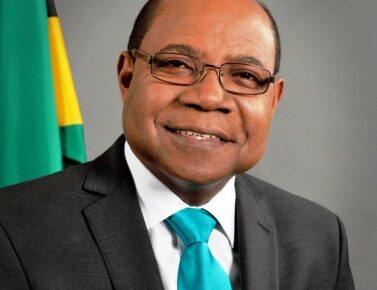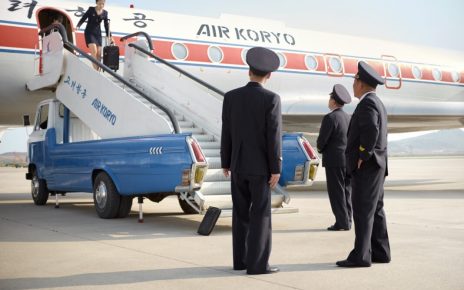The emirate of Dubai is home to 4 million people of the UAE’s 10 million residents, but the proportion of nationals is only about 5% of the population which is lower than in the rest of the United Arab Emirates. Dubai is home to a very large expatriate population and has attracted 19 million visitors in 2019. According to a French daily Le Monde, prostitution, officially banned but de facto tolerated, has turned Dubai into a favored destination for sex tourism in the Gulf.
The Hidden Gem of Globalization
Dubai’s gamble on its spectacular integration into globalization has been particularly successful, even after the financial crisis of 2008, which forced the emirate to develop its service activities, with tourism at the forefront. Alcohol consumption is allowed in hotels, bars, restaurants and nightclubs with a specific license, although it is still prohibited in public spaces. It is usually in such places that sex workers solicit the potential client.
It is thus possible to hire the services of an escort girl during one’s stay in the emirate. A tacit hierarchy considers Chinese, Filipino or Indian prostitutes of lesser value than their Central Asian counterparts, who are still less appreciated than European women, whether Russian, Ukrainian or Western. Arab partners remain the rarest, and therefore the most sought after, as they work less often in the public space.
The number of active prostitutes in Dubai is sometimes estimated at 45,000. It is of course impossible to know this number precisely, as it is based on a complex system where Emirati nationals, authorized to “sponsor” the entry of a certain number of foreigners on residence visas, give these sponsorship rights to intermediaries, without necessarily knowing the real activity of the future “immigrants.”
The residence visa system, despite its 2016 reform, continues to allow this type of manipulation, while the networks dismantled tend to concern the lower end of the prostitution market. The transaction often concluded without intermediaries accredits the illusion of an absence of pimping, even though it is inconceivable to offer such services in Dubai without solid protection. The UN published in 2017 the testimony of a “sex slave” from Uzbekistan who, after 18 months of nightmare in Dubai, preferred to let herself be arrested by the Emirati police in order to be deported. More recently, it is in Bangladesh that the revelations of victims of this type of trafficking, lured to Dubai by false promises of domestic employment, have been broadcasted.

Between Standardization and Vaccination
The peace treaty signed between Israel and the United Arab Emirates last September was quickly accompanied by the opening of direct air links between the two countries. More than a hundred thousand Israeli tourists have already visited Dubai, where the demonstrative hospitality towards them contrasts with the “cold peace” reserved until now for Israeli visitors in Jordan and Egypt. But the Israeli press has also devoted several scandalous reports to forms of sex tourism. The daily newspaper “Yedioth Aharonoth” described real prostitutes’ catalogs, with the transactions that take place around the pool of a large hotel. The online site “Mako” was interested in the reconversion of Israeli mafiosi in “escort agencies” in Dubai, while reproducing, in screenshots, exchanges that could be considered as pimping. The daily “Haaretz” even published an article entitled “Visiting Dubai is like standing on the brink of a gang rape”. Defenders of Israeli-Emirati normalization protested against such outrageousness and relativized the importance of the reported testimonies, which they considered unrepresentative.
In any case, it seems that sex tourism is, in general, set to grow further in Dubai. For several years now, the US State Department’s annual report on human trafficking has considered, despite encouraging remarks, that “the government of the United Arab Emirates does not fully comply with the minimum standards for the elimination of trafficking”. The coronavirus pandemic should not affect this reality, quite the contrary. Indeed, the campaign carried out in a voluntary way in the Emirates has already made it possible to vaccinate more than a third of the population against Covid-19.





